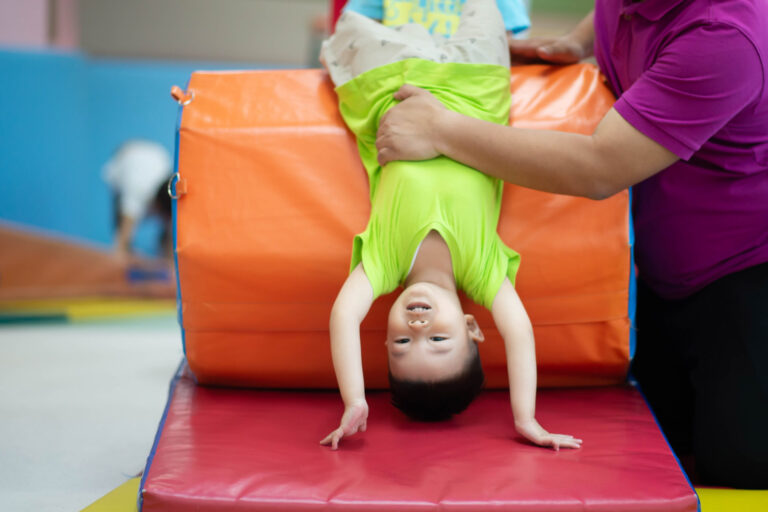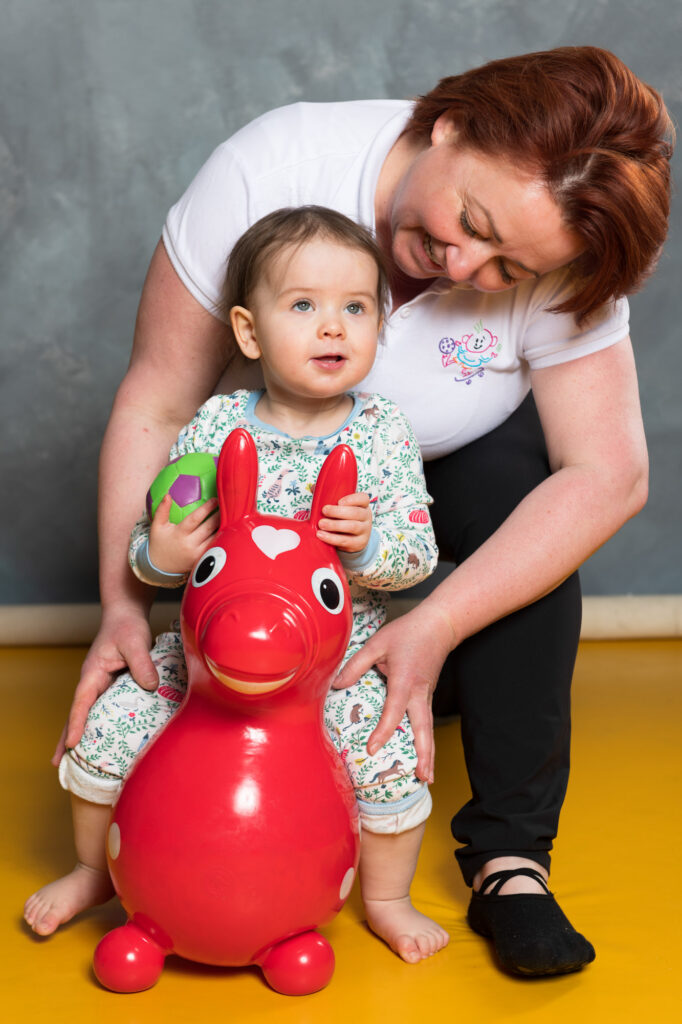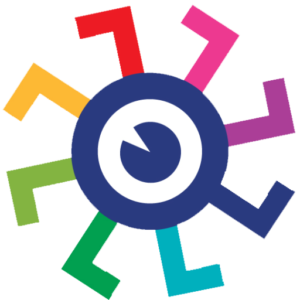
If your child is experiencing delays in their mastering of typical developmental milestones or is struggling with unusual or complex behaviours, early intervention can be crucial for supporting progress and improving their overall long-term outcomes.
At Hreyfiland, we use specific therapeutic methods that have been scientifically proven to be effective, safe and beneficial for your child. Our methods are known as Individual Targeted Sensorimotor Therapy (TSMT)) and they are recommended for babies and children from 3 months to 8 years of age.
There are a range of signs and symptoms that might indicate that a child is having some difficulties in terms of their development. Some of these indicators include:
Individual Targeted Sensorimotor Therapy can help you and your child develop strategies for overcoming these challenges. Our Hreyfiland therapy approaches are also recommended for children with the following clinical diagnoses:

At the beginning of their individual therapy journey, each child will undergo a comprehensive examination of their sensorimotor and cognitive development through the use of the Longitudinal Complex Test (Longikid). This assessment will identify your child’s abilities in terms of their strength, balance, coordination and motor skills in order to determine their individual therapeutic goals. This test must be booked as a separate appointment and the results will indicate if your child would benefit from either individual therapy or by joining one of our group classes.
Individual Targeted Sensorimotor Therapy (TSMT) sessions take place in a gym environment that is stimulus-rich and inclusive of parent or guardian involvement. After completion of the Longikid test, our trained and experienced therapist will select and compile a personalised TSMT training program that will support the child to work towards their identified goals. We work in partnership with parents and train them to help their child practice the skills at home. This partnership provides the best opportunity for achieving those goals and improving the long-term developmental and behavioural outcomes for the child.
The applied tasks will support your child to:
Our therapeutic activities are engaging and developmentally appropriate for your child’s age, cognitive status, ability level and interests. We strive to help each and every child and their family implement effective strategies that are unique to the child’s specific needs and abilities. Our goal is for every child to grow, develop and thrive to meet their full potential.

Initially, we recommend that families meet with their therapist several times a month to practice the exercises together and ensure that they are being completed effectively. After a few sessions, the parents will be able to implement the tasks on their own with the child at home. Monthly check-ups are, however, highly recommended to allow for the readjustment of tasks as the child progresses. During these check-ups, your therapist will alter the strength of the tasks and stimuli, correct the execution of the tasks, and if necessary, increase the level of task difficulty in accordance with the child’s therapeutic goals.

Each therapy session will last from 20 to 90 minutes, depending on the age and engagement of the child. As the repetitions progress, the time allowed for performing a set of exercises decreases. After a certain age, 30 minutes becomes the minimum amount of time required for practice so as to allow for the effective reshaping of nervous system structures.
TSMT therapy typically continues for at least six months, followed by a review to determine any further therapeutic goals. If a child’s progress means that their symptoms and challenges have decreased or disappeared, the therapy can cease or be replaced by other intervention strategies, such as speech therapy, social education development, drama pedagogy, foundation therapy or TSMT group sessions.

Hreyfiland is a family gym that offers play-based movement development classes led by a qualified child motor development therapist.